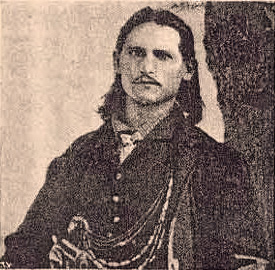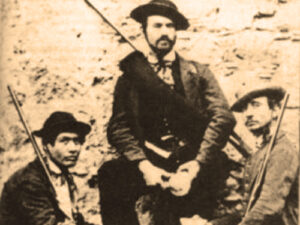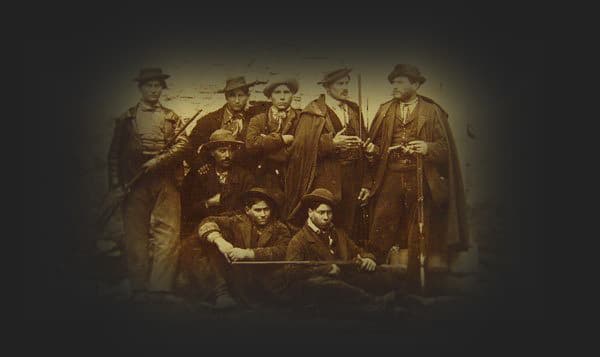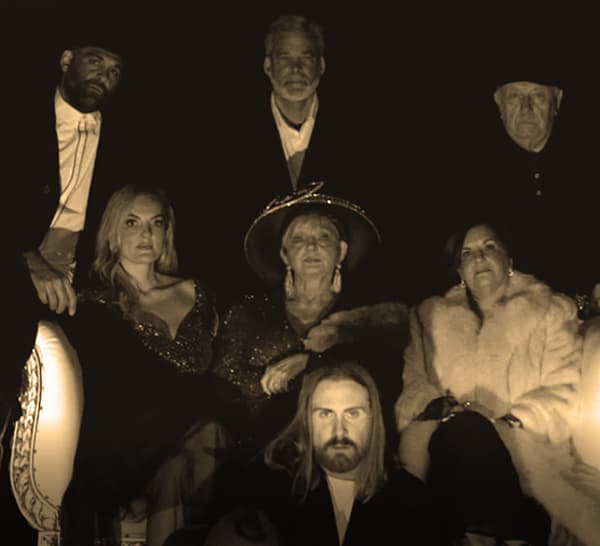The Briganti
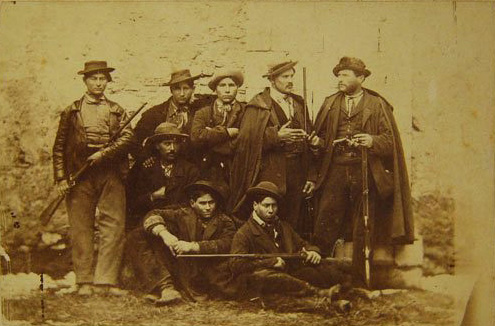
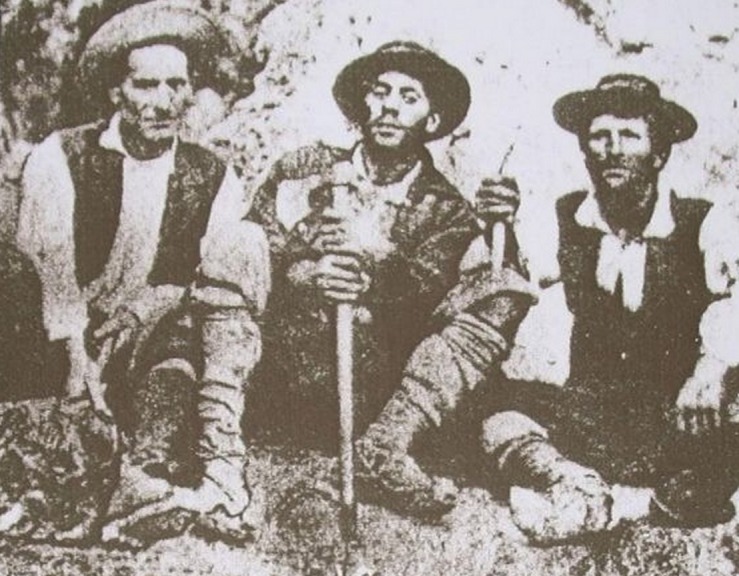

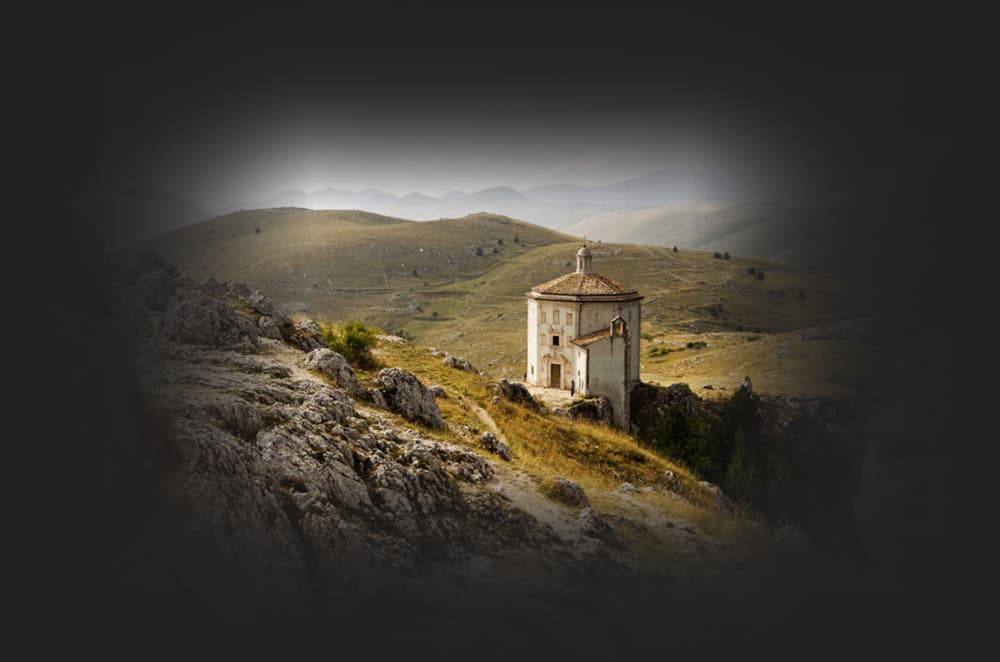
When talking about the phenomenon of brigandage, and in our case of the Briganti d’Abruzzo, we need to be very careful and not get caught up in enthusiasms: historiography is too often the victim of ideological prejudices and sectarian alignments, which prevent us from analyzing the real problems and causes that led to the development of this phenomenon especially in central and southern Italy.
We are in the period following the unification of Italy, precisely between 1860 and 1870, in a decade where the phenomenon of the Briganti d’Abruzzo probably experienced its greatest development.
The Abruzzese, after unification, had as an immediate effect that of an impressive increase in taxes that generated hunger, famine and widespread poverty.
In response to a series of injustices, appropriations and violations, the population formed gangs to rebel against what was happening. The gangs were made up of peasants, army deserters, and peasants, where soon there were those who took advantage of the situation to degenerate even the best expectations of revenge and vindication of some basic rights.
These took the name of briganti.
the story of Briganti
The brigands formed in response to a widespread malaise, the child of real injustice, economic misery and numerous abuses: the reaction was that, at times terrible and violent, of the brigands who plundered numerous towns and castles and even came to armed confrontation with the regular army. With all the bloody consequences that are easy to imagine.
In Abruzzo, brigandage also knew different souls, including those who wanted the return of the Bourbons. Southern brigands sometimes passed themselves off as a liberation army: for example, in Abruzzo the Brigantes fought alongside the Sanfedists to return to the Bourbons the kingdom they had lost to the French.
In this kind of reality, where hunger, ignorance and destitution were the hallmarks, many thugs took advantage of it for their activities. With tragic and grisly consequences that are still remembered today.
Among the most famous Abruzzo Brigantes are Giuseppe and Felice Marinucci, Giuseppe Tamburrini, Pasquale Del Monaco, Antonio la Vella, Giovanni Di Sciascio, Nicola Marino, Salvatore Scenna, Domenico Valerio and many others.

ninco nanco
Another famous brigand is Giuseppe Nicola Summa known as Ninco Nanco. The brigand from Avigliano participated in numerous plunderings, conquering first of all the Vulture, without ever succeeding in taking his hometown, Avigliano, then much of Basilicata, pushing as far as Irpinia and Daunia, commanding the brigands’ cavalry and demonstrating his mastery in warfare. He did not hesitate to attack bourgeois families, resorting to kidnapping, murder and devastation of property if they failed to support him.
Ninco Nanco was also known at that time for his impassibility in carrying out feral acts. His companion, Maria Lucia Di Nella (known as Maria ‘a Pastora), a brigandess from Pisticci, was always at his side during assaults and ambushes. According to folk tales in the area, when Ninco Nanco was tearing the hearts out of the chests of captured bersaglieri, Maria always handed him the knife.
Ninco Nanco, however, also performed generous acts. He helped his sisters financially, who were in miserable conditions, and, being deeply religious, he sent money to priests so that they would celebrate masses in honor of Our Lady of Mount Carmel, whose effigy he always wore around his neck. During the siege of Salandra, he spared a priest who, in the past, had helped his family and guaranteed his protection. Ninco Nanco deposited some valuables in the Monte Carmine chapel, which were seized and sold by order of the Anti-Brigandage Commission in 1863; with the proceeds, renovations were made to the building.
Once, he stopped a cloth merchant from Potenza by confiscating a handful of ducats from him but, as it was a small sum, he returned them to the looted man.
Although he will always be remembered as a “such a ferocious brigand of a perverse disposition”, belonging to a “degenerate family”, scholars will argue that Ninco Nanco, having pity on the misery, intimated the head brigand Giuseppe Pace (known as Castellanese) to stop threatening death to the poor, who had no ability to support the gangs.


Ciuccolo
Angelantonio Masini, nicknamed Ciuccolo, was among the most fearsome post-unification brigands and among the most wanted in Basilicata, after Ninco Nanco and Carmine Crocco.
Raised in poverty, from an early age he began working as a farmer and shepherd. He was described by sources of the time as a well-built, good-looking boy of tall stature. Reaching the age of majority, he was recruited into the infantry of the Bourbon army but deserted when a division of the Bourbon troops retreated in front of Garibaldi’s troops in Calabria, returning to his native village and remaining unemployed.
With the Unification of Italy and the establishment of the Savoy dynasty, he refused the call to arms and took refuge on Mount Volturino, forming, together with his cousin Nicola Masini known as Colicchione, a band of brigands.
Initially active in the Val d’Agri, he later came to carry out raids in the areas of Melfi, Matera and Terra di Bari, joining the bands of fearsome Vulture brigands such as Carmine Crocco, Ninco Nanco and Giuseppe Caruso. He was also active in Vallo di Diano and Cilento, plundering in particular the countryside of Montesano, Arenabianca and Padula.
During his plundering, he met Maria Rosa Marinelli, a young peasant girl who lived with her uncle Francesco Nasca after her father was arrested on charges of manutengolism. Marinelli, who was arrested and later released because she was suspected of conniving with Masini, then decided to follow him by becoming his druze.


Mecola
Sadly famous for its cruelty was the band of the brigand Nunziato di Mecola, known as Mecola, a peasant native of Arielli (Chieti), who between Dec. 2, 1860, and Jan. 6, 1861, captained an armed band capable of dragging with him hundreds and hundreds of inhabitants of contiguous municipalities, threw panic the towns of Arielli, Ari, Canosa, Tollo, Miglianico, Orsogna and Vasto in the name of the restoration of the Bourbon government of Francesco II.

1870
The end of the briganti
It was not until 1870, with the abolition of “military zones” and the state of war in the South Central provinces, that the military repression of banditry could be said to have officially ended. The bands had been annihilated.
The exploits of some of the best known and most feared brigands would soon become the subject of many popular legends: a love-hate relationship, sympathy and fear that had always been an expression of the humblest social circles.
From those lands that saw the birth of the Briganti bands, blood, raids and much desire for redemption also originated the story of our family and Briganti Wines.
Nonnina
Filomena

Filomena Pace was born in 1907 in a small town in Abruzzo, Italy called Orsogna. She grew up in a modest home, had friends who referred to her as “Minooch”, and when she was in her early 20s, she met and fell in love with a man named Erminio.
Erminio was a music conductor, a widower, and the only parent to three very small children at the time they wed. Many women would not have wanted to take on three small children, but this did not sway Filomena. She loved and raised those babies as her own. As the years passed, Filomena and Erminio had a total of 10 children.
While the family struggled financially that never stopped Filomena from striving for a better life for her and her children. It also never dampened her loving, kind spirit.
In search of a better life for her children, After Erminio passed, Filomena eventually moved to America to bring her two youngest children with her. A piece of Filomena‘s heart would always remain in Orsogna with her childhood friends & the community she had loved.
Filomena worked long hours in Philadelphia garment factory to make ends meet and never complained a day in her life. She received her loving name “Nonnina” which translates to “little grandmother” from her grandchildren despite her tall stature.
When she passed in 1997, Nonnina Filomena had 26 grandchildren and many great-grandchildren.
Nonnina’s love for family carried on to her children and grandchildren for generations after she was gone. Her love for her family lead to this very wine showing up in America. Filomena’s children and grandchildren were raised with a great love for family and in 2022, that great love of family led to the reconnection of two of her grandchildren.
Filomena’s grand-daughter Gabriella and her fiancé Michael flew to Italy to reconnect with her cousin Paolo. That summer they discovered he started a wine company, tasted his amazing wine, and decided to bring that very wine from Nonnina’s hometown to the United States to make the same track that she did.
Gabriella grew up particularly close to her Nonnina and had the opportunity to live with her in a three generational home. To pay homage to their beautiful connection, Michael chose to name this wine after the woman his fiancé admired and adored. Filomena is the essence of an Italian American immigrant. She is hard-working, fiercely loyal, and loved her family above all things.
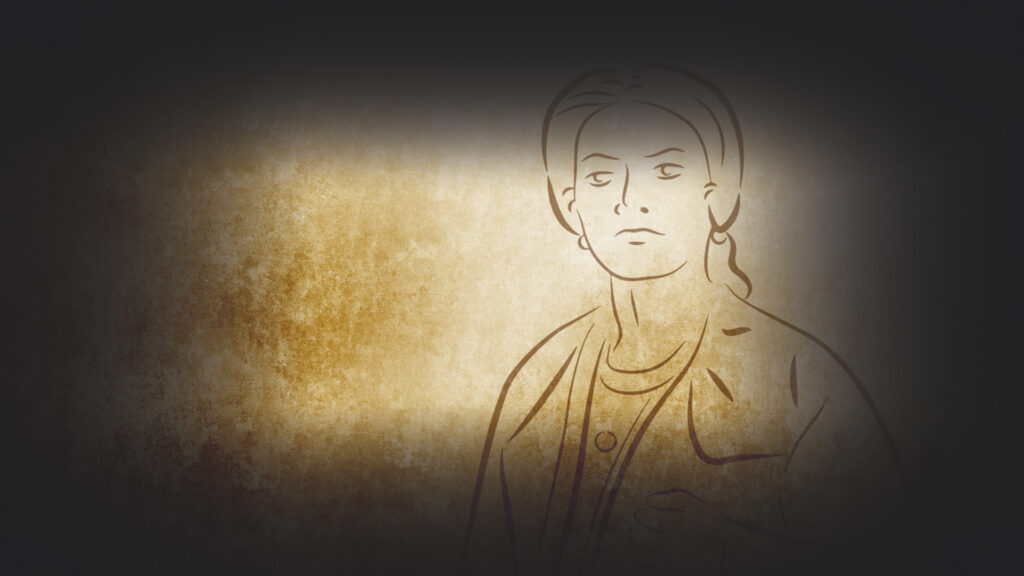
the story of Briganti
The brigands formed in response to a widespread malaise, the child of real injustice, economic misery and numerous abuses: the reaction was that, at times terrible and violent, of the brigands who plundered numerous towns and castles and even came to armed confrontation with the regular army. With all the bloody consequences that are easy to imagine.
In Abruzzo, brigandage also knew different souls, including those who wanted the return of the Bourbons. Southern brigands sometimes passed themselves off as a liberation army: for example, in Abruzzo the Brigantes fought alongside the Sanfedists to return to the Bourbons the kingdom they had lost to the French.
In this kind of reality, where hunger, ignorance and destitution were the hallmarks, many thugs took advantage of it for their activities. With tragic and grisly consequences that are still remembered today.
Among the most famous Abruzzo Brigantes are Giuseppe and Felice Marinucci, Giuseppe Tamburrini, Pasquale Del Monaco, Antonio la Vella, Giovanni Di Sciascio, Nicola Marino, Salvatore Scenna, Domenico Valerio and many others.

ninco nanco
Another famous brigand is Giuseppe Nicola Summa known as Ninco Nanco. The brigand from Avigliano participated in numerous plunderings, conquering first of all the Vulture, without ever succeeding in taking his hometown, Avigliano, then much of Basilicata, pushing as far as Irpinia and Daunia, commanding the brigands’ cavalry and demonstrating his mastery in warfare. He did not hesitate to attack bourgeois families, resorting to kidnapping, murder and devastation of property if they failed to support him.
Ninco Nanco was also known at that time for his impassibility in carrying out feral acts. His companion, Maria Lucia Di Nella (known as Maria ‘a Pastora), a brigandess from Pisticci, was always at his side during assaults and ambushes. According to folk tales in the area, when Ninco Nanco was tearing the hearts out of the chests of captured bersaglieri, Maria always handed him the knife.
Ninco Nanco, however, also performed generous acts. He helped his sisters financially, who were in miserable conditions, and, being deeply religious, he sent money to priests so that they would celebrate masses in honor of Our Lady of Mount Carmel, whose effigy he always wore around his neck. During the siege of Salandra, he spared a priest who, in the past, had helped his family and guaranteed his protection. Ninco Nanco deposited some valuables in the Monte Carmine chapel, which were seized and sold by order of the Anti-Brigandage Commission in 1863; with the proceeds, renovations were made to the building.
Once, he stopped a cloth merchant from Potenza by confiscating a handful of ducats from him but, as it was a small sum, he returned them to the looted man.
Although he will always be remembered as a “such a ferocious brigand of a perverse disposition”, belonging to a “degenerate family”, scholars will argue that Ninco Nanco, having pity on the misery, intimated the head brigand Giuseppe Pace (known as Castellanese) to stop threatening death to the poor, who had no ability to support the gangs.


Ciuccolo
Angelantonio Masini, nicknamed Ciuccolo, was among the most fearsome post-unification brigands and among the most wanted in Basilicata, after Ninco Nanco and Carmine Crocco.
Raised in poverty, from an early age he began working as a farmer and shepherd. He was described by sources of the time as a well-built, good-looking boy of tall stature. Reaching the age of majority, he was recruited into the infantry of the Bourbon army but deserted when a division of the Bourbon troops retreated in front of Garibaldi’s troops in Calabria, returning to his native village and remaining unemployed.
With the Unification of Italy and the establishment of the Savoy dynasty, he refused the call to arms and took refuge on Mount Volturino, forming, together with his cousin Nicola Masini known as Colicchione, a band of brigands.
Initially active in the Val d’Agri, he later came to carry out raids in the areas of Melfi, Matera and Terra di Bari, joining the bands of fearsome Vulture brigands such as Carmine Crocco, Ninco Nanco and Giuseppe Caruso. He was also active in Vallo di Diano and Cilento, plundering in particular the countryside of Montesano, Arenabianca and Padula.
During his plundering, he met Maria Rosa Marinelli, a young peasant girl who lived with her uncle Francesco Nasca after her father was arrested on charges of manutengolism. Marinelli, who was arrested and later released because she was suspected of conniving with Masini, then decided to follow him by becoming his druze.


Mecola
Sadly famous for its cruelty was the band of the brigand Nunziato di Mecola, known as Mecola, a peasant native of Arielli (Chieti), who between Dec. 2, 1860, and Jan. 6, 1861, captained an armed band capable of dragging with him hundreds and hundreds of inhabitants of contiguous municipalities, threw panic the towns of Arielli, Ari, Canosa, Tollo, Miglianico, Orsogna and Vasto in the name of the restoration of the Bourbon government of Francesco II.
1870
The end of the briganti
It was not until 1870, with the abolition of “military zones” and the state of war in the South Central provinces, that the military repression of banditry could be said to have officially ended. The bands had been annihilated.
The exploits of some of the best known and most feared brigands would soon become the subject of many popular legends: a love-hate relationship, sympathy and fear that had always been an expression of the humblest social circles.
From those lands that saw the birth of the Briganti bands, blood, raids and much desire for redemption also originated the story of our family and Briganti Wines.
Nonnina
Filomena
Filomena Pace was born in 1907 in a small town in Abruzzo, Italy called Orsogna. She grew up in a modest home, had friends who referred to her as “Minooch”, and when she was in her early 20s, she met and fell in love with a man named Erminio.
Erminio was a music conductor, a widower, and the only parent to three very small children at the time they wed. Many women would not have wanted to take on three small children, but this did not sway Filomena. She loved and raised those babies as her own. As the years passed, Filomena and Erminio had a total of 10 children.
While the family struggled financially that never stopped Filomena from striving for a better life for her and her children. It also never dampened her loving, kind spirit.
In search of a better life for her children, After Erminio passed, Filomena eventually moved to America to bring her two youngest children with her. A piece of Filomena‘s heart would always remain in Orsogna with her childhood friends & the community she had loved.
Filomena worked long hours in Philadelphia garment factory to make ends meet and never complained a day in her life. She received her loving name “Nonnina” which translates to “little grandmother” from her grandchildren despite her tall stature.
When she passed in 1997, Nonnina Filomena had 26 grandchildren and many great-grandchildren.
Nonnina’s love for family carried on to her children and grandchildren for generations after she was gone. Her love for her family lead to this very wine showing up in America. Filomena’s children and grandchildren were raised with a great love for family and in 2022, that great love of family led to the reconnection of two of her grandchildren.
Filomena’s grand-daughter Gabriella and her fiancé Michael flew to Italy to reconnect with her cousin Paolo. That summer they discovered he started a wine company, tasted his amazing wine, and decided to bring that very wine from Nonnina’s hometown to the United States to make the same track that she did.
Gabriella grew up particularly close to her Nonnina and had the opportunity to live with her in a three generational home. To pay homage to their beautiful connection, Michael chose to name this wine after the woman his fiancé admired and adored. Filomena is the essence of an Italian American immigrant. She is hard-working, fiercely loyal, and loved her family above all things.



